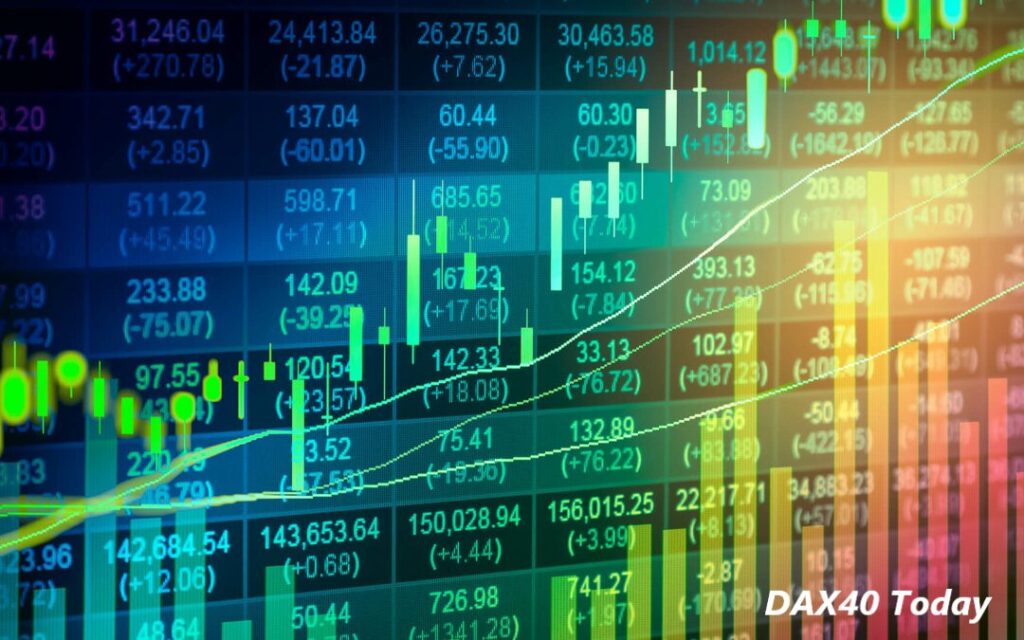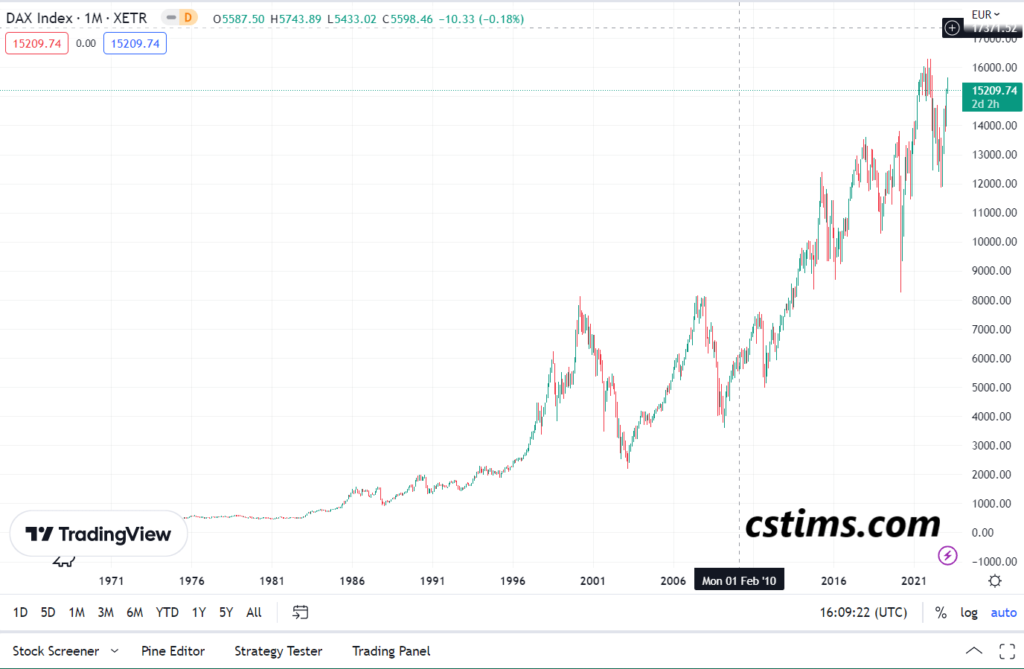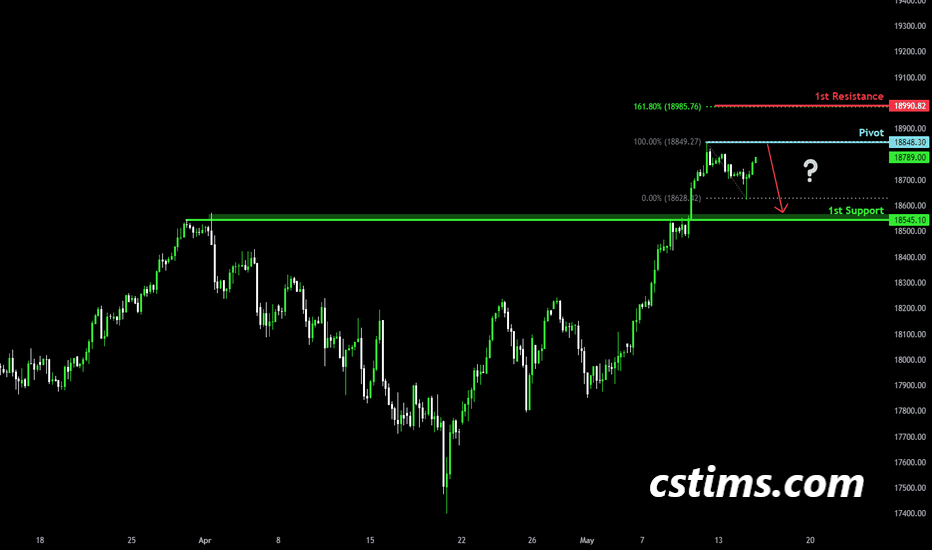Introduction
DAX40 today stands as a crucial indicator of the health and performance of the German stock market, showcasing the largest 40 companies listed on the Frankfurt Stock Exchange. As investors navigate the complexities of global finance, understanding the current trends within this index is essential for making informed decisions. With a diverse array of sectors represented—from automotive giants to tech innovators—the DAX40 today provides insights not only into Germany’s economic landscape but also into broader European market dynamics.
As we examine DAX40 today, it’s evident that several factors are influencing its performance, including economic recovery from the pandemic, inflationary pressures, and technological advancements. Investors are keenly interested in how these elements will shape market trends and present new opportunities. By keeping a close eye on DAX40 today, stakeholders can better position themselves to capitalize on the evolving financial landscape in Germany and beyond.
What is the DAX40?
The DAX, or Deutscher Aktienindex, initially comprised 30 companies until its expansion to 40 in September 2021. This index is a key indicator of the German economy’s health and reflects broader European market trends. Currently, the DAX40 includes prominent companies such as Volkswagen, Siemens, and Bayer. These firms span various sectors, including automotive, technology, and pharmaceuticals. As such, the DAX40 serves as a vital resource for investors seeking insights into market dynamics.
Why is the DAX40 Important?
Economic Indicator
The DAX40 today serves as a vital economic indicator, reflecting the overall health of Germany’s economy. When the index rises, it often signals robust economic growth, instilling confidence among investors and stakeholders. Conversely, a declining index may suggest underlying economic challenges, prompting closer scrutiny of fiscal policies and market conditions.
Investment Opportunities
For investors, the DAX40 presents a range of potential investment opportunities. Its diverse composition allows for strategic investments across various sectors, including automotive, technology, and healthcare. This diversity not only mitigates risk but also enables investors to capitalize on different growth trends within the market.
Global Influence
The DAX40 wields considerable influence on global markets, given Germany’s status as Europe’s largest economy. Fluctuations in the index can have far-reaching effects, impacting investor sentiment and market dynamics internationally. As such, the performance of the DAX40 is closely watched by global investors, analysts, and policymakers alike.

Current Trends in the DAX40
As of today, the DAX40 is showing notable trends that investors should consider. Here are some of the key factors influencing the index:
Economic Recovery Post-Pandemic
Germany, like many countries, has faced economic challenges due to the COVID-19 pandemic. However, recent data suggests a robust recovery. Economic indicators such as GDP growth and unemployment rates have shown positive momentum, boosting investor confidence in the DAX40 today.
Inflation and Interest Rates
Inflation remains a hot topic globally, and Germany is no exception. The European Central Bank (ECB) has implemented measures to combat inflation, including adjusting interest rates. Investors are closely monitoring these developments, as they can significantly impact the DAX40’s performance.
Technological Advancements
The tech sector has been a driving force in the DAX40 today. Companies like SAP and Infineon Technologies are at the forefront of innovation, leading to increased investor interest. The digital transformation accelerated by the pandemic continues to influence market dynamics, with technology stocks showing resilience.
Geopolitical Factors
Geopolitical tensions, especially in Eastern Europe, can also impact the DAX40. Investors should remain vigilant about international relations and their potential effects on the market. Sanctions, trade agreements, and conflicts can all contribute to market volatility.
Analyzing Key DAX40 Stocks
To understand the DAX40 today fully, it’s essential to look at some of its key components. Here’s a brief analysis of several influential companies within the index:
Volkswagen AG
Volkswagen is not only a leader in the automotive sector but also a significant player in the global electric vehicle (EV) market. The company has committed substantial resources to EV development, positioning itself well for future growth. Investors are optimistic about Volkswagen’s transition to electric mobility, contributing positively to the DAX40 today.
Siemens AG
Siemens is a diversified technology company with a strong presence in automation, digitalization, and smart infrastructure. As industries evolve, Siemens continues to innovate, which has bolstered its stock performance. The company’s focus on sustainability aligns with global trends, making it a valuable asset in the DAX40 today.
Bayer AG
Bayer is a prominent player in the pharmaceuticals and agriculture sectors. While it has faced legal challenges in recent years, the company’s ongoing research and development efforts promise future growth. Investors are cautiously optimistic about Bayer’s potential to recover, influencing its impact on the DAX40 today.
Infineon Technologies AG
Infineon is at the forefront of semiconductor technology, a sector experiencing significant demand due to the rise of digital technologies. As industries increasingly rely on electronics, Infineon’s stock performance has positively impacted the DAX40 today.
Investment Strategies for DAX40 Today
Investing in the DAX40 today requires a strategic approach. Here are some strategies to consider:
Diversification
One of the primary advantages of the DAX40 is its diversity. Investors should consider building a portfolio that includes a mix of sectors, such as technology, automotive, and healthcare. This approach can mitigate risk and provide growth opportunities.
Long-Term vs. Short-Term Investing
While the DAX40 today may present short-term trading opportunities, a long-term investment strategy is often more rewarding. Investors should focus on companies with strong fundamentals and growth potential.
Monitoring Economic Indicators
Staying informed about economic indicators such as GDP growth, inflation rates, and employment figures is crucial for making informed investment decisions. These factors can significantly impact the DAX40’s performance.
Using Technical Analysis
Technical analysis can help investors identify trends and potential entry and exit points in the DAX40. Tools such as moving averages, RSI, and MACD can provide insights into market movements.

Conclusion
DAX40 today serves as an essential indicator of not just the German economy, but also of broader European market trends. Understanding its components and the factors influencing its performance can provide valuable insights for investors. With the current positive outlook driven by economic recovery, technological advancements, and strategic company performances, the DAX40 presents compelling opportunities.
As always, investors must conduct thorough research and stay informed about market conditions. By doing so, they can make informed decisions that align with their investment goals in the dynamic landscape of the DAX40 today.


